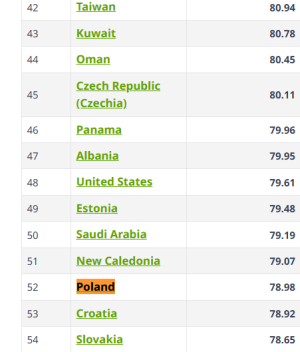Shutdown update:
The Senate today voted
For the NINTH TIME against cloture on the House budget bill. Same vote the last eight times. No movement on a budget bill.
Heard on the street- Some FAA Inspectors who had been laid off furlough for two weeks were called back Monday. Seems industry has to continue to move on, and needs FAA to function. Without it, of course.
There is some talk also of possibly moving the Defense Appropriations bill in regular order, as a way to at least get something moving. No idea yet what kind of package that might look like, but you can read more about it here:
Senate Majority Leader John Thune (R-S.D.) is throwing a curveball into the shutdown fight as he plans to bring a full-year spending bill for the Pentagon to the floor on Thursday, effectively daring ...

www.yahoo.com
That may spur some discussion tomorrow about passing the defense bill. Maybe some kind of package deal can be made.
My best guess is at least two more weeks, and maybe much longer, as the stakes are high and the division on how to proceed isn’t settled.
More turbulence ahead.




